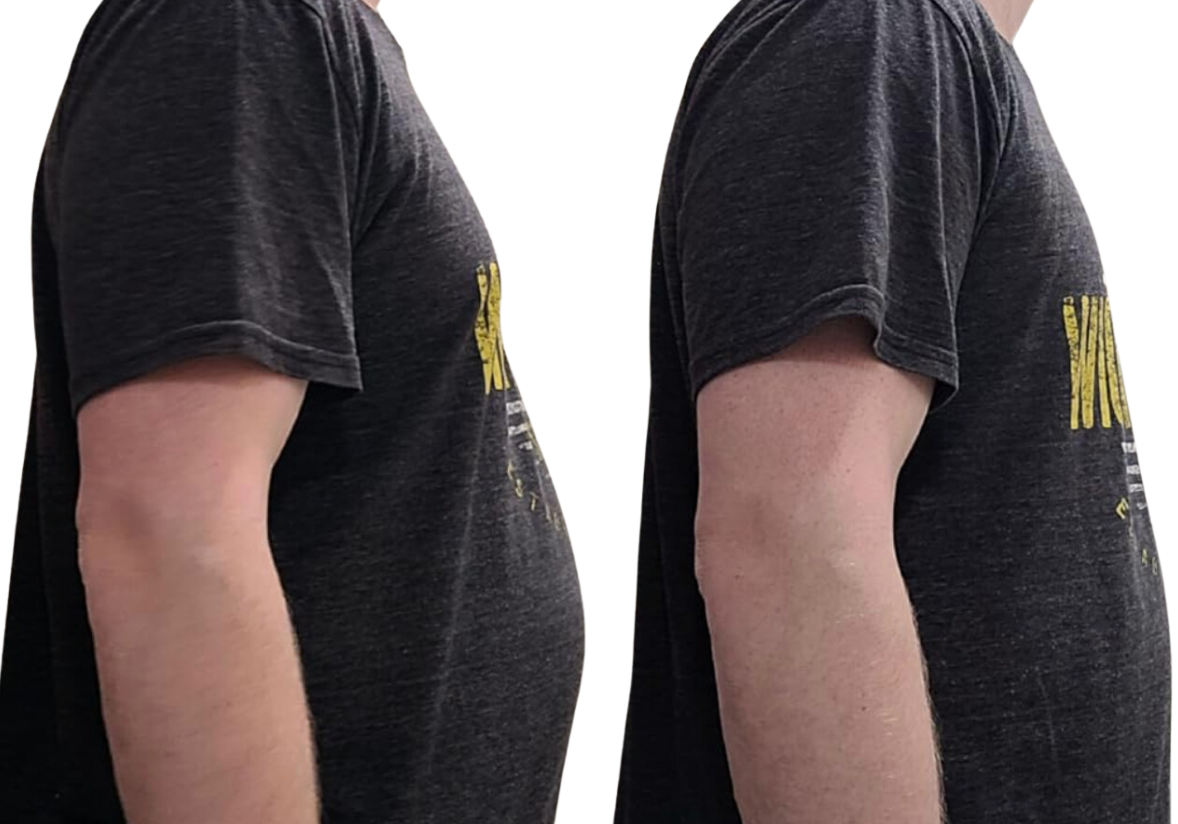Gyno, which stands for gynecomastia, is a health issue that affects males. It involves the growth of breast tissue. This condition can happen to males of all ages, from babies to grown-ups. Gyno often makes people feel awkward and unsure about themselves. This can hurt their self-worth and how they enjoy life. To get the right medical help and explore ways to treat it, it's key to know the signs of gyno.
What is gyno and its causes
Gyno happens when the body has an imbalance between estrogen and testosterone hormones. Estrogen acts as the female hormone, while testosterone serves as the male hormone. An excess of estrogen or a drop in testosterone can cause breast tissue to grow in males. Several things can throw these hormones out of whack, including puberty getting older, being overweight, taking certain drugs, and having health issues like liver or kidney problems.
Signs and symptoms of gyno
The main indicator of gyno is breast tissue growth. You can feel a firm or rubbery lump under the nipple. The breast tissue might hurt or be sensitive when touched. Gyno can sometimes cause pain or discomfort. Keep in mind that gyno differs from pseudogynecomastia, which happens when fat builds up in the breast area without glandular tissue. Other signs of gyno may include nipple discharge uneven breasts, and changes in nipple size or shape.
Self-examination for gyno
Regular self-checks can help people spot changes or unusual signs in their breast tissue. To check yourself for gyno, begin by standing before a mirror and looking at your chest. Check for any differences in size, shape, or balance. Then, use your fingertips to touch your breast tissue. Move them in circles around the whole breast and under the nipple. Be aware of any lumps thick areas, or sore spots. If you see any odd changes or have worries, it's best to talk to a doctor for a closer look.
Medical diagnosis of gyno
If you think you might have gyno, you should talk to a doctor to get a proper diagnosis. Your doctor will check you out and ask about your health history and any symptoms you're having. They might also want you to get blood tests, mammograms, or ultrasounds to rule out other issues and confirm if you have gyno. It's essential to see a medical expert to get an accurate diagnosis and talk about what treatments could work for you.
Common misconceptions about gyno
People often have wrong ideas about gyno, which can lead to mix-ups and false info. One typical mistake is thinking that only being overweight causes gyno. While extra pounds can help gyno develop, it's not the only reason. Hormone imbalances, drugs, and other health issues can also play a part. Another wrong idea is that gyno will clear up by itself. Gyno during teen years might go away on its own, but long-lasting or bad cases might need a doctor's help. It's key to talk to a health expert for the right check-up and advice.
Treatment options for gyno
The options to treat gyno vary based on how bad it is and what's causing it. Sometimes, gyno goes away on its own when it's due to hormone changes during teen years. But if gyno sticks around or bothers someone, there are ways to deal with it. These include drugs, hormone treatments, surgery, and changing how you live. Doctors might give drugs like tamoxifen or raloxifene to shrink breast tissue. Hormone treatments can help balance estrogen and testosterone levels. Surgery called male breast reduction, can cut out extra breast tissue and reshape the chest. Changes in lifestyle, like staying at a healthy weight and working out often, can also help manage gyno symptoms.
Lifestyle changes to manage gyno
Besides medical treatments, you can make some lifestyle adjustments to help control gyno symptoms. Keeping a healthy weight is key, since extra body fat can throw off your hormone balance. Working out doing strength exercises for your chest muscles, can firm up your chest and make gyno less noticeable. It's also a good idea to stay away from alcohol and illegal drugs that can mess with your hormone levels. Make sure to talk to a doctor or a qualified fitness coach to create an exercise and diet plan that's right for you.
Support and resources for individuals with gyno
Dealing with gyno can be tough on your body and mind. It's crucial to get help from doctors, friends, and family who can offer support and advice. You can also find support groups and online communities where you can talk to others going through the same thing. What's more, groups like the American Society of Plastic Surgeons and the National Institute of Diabetes and Digestive and Kidney Diseases give useful info and resources to people who want to learn more about gyno and ways to treat it.
Conclusion
Figuring out the signs of gyno plays a key role for people who think they might have this condition. Knowing what causes gyno, its signs, and symptoms can help people get the right medical help and look into ways to treat it. From checking yourself to getting a doctor's diagnosis, you can take steps to deal with gyno and boost your quality of life. Keep in mind that gyno is something many people face, and there's help out there for those who have it. By reaching out for support, learning more, and taking action, people with gyno can handle this condition with self-assurance and lead a rich full life.



























